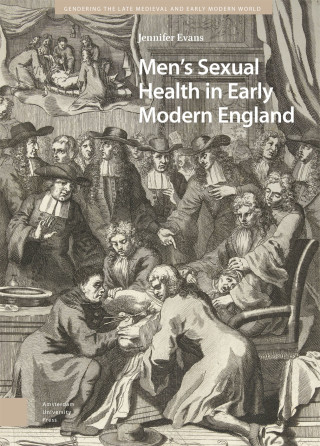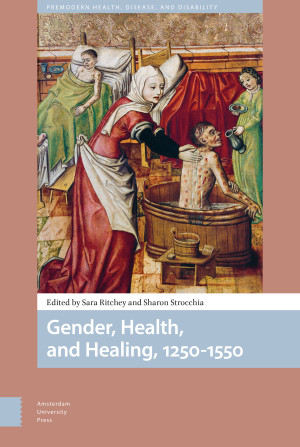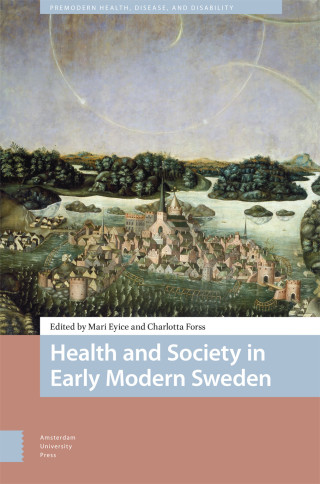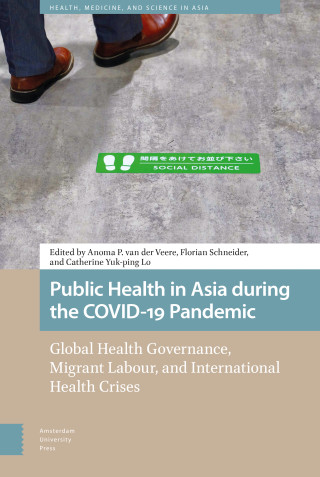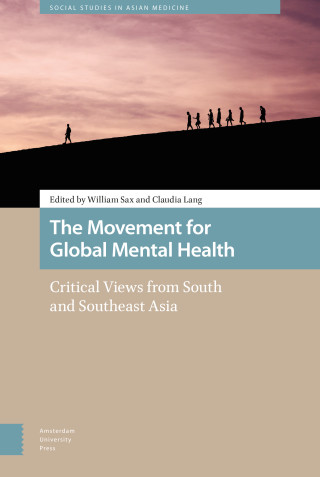Co-winner of the 2020 Collaborative Project Award by the Society for the Study of Early Modern Women and Gender (SSEMWG)! The awards committee states that Gender, Health and Healing 1250-1550 is exciting in conception and breadth, using "an integrative, hybrid model of analysis" that ranges far beyond "the narrow terrain of academic, text-based medicine" using new types of evidence about women's "acts of caring and curing."
"This well-structured volume offers many original elements and makes an important contribution to research on health and healing in the period under consideration, especially concerning the role of women in everyday household care. Its notable features are the broad range of sources examined and the translation of relevant passages from (often unpublished) medieval and early modern works. The internal coherence of the volume and its overall clarity make it also suitable for a non-specialist readership."
- Alessandra Foscati, KU Leuven, Leuven, Early Science and Medicine 26 (2021)
"Taking us beyond the story of theoretical medicine, this volume significantly expands the source base to present a full portrait of what counted as medicine at this time. The eleven essays in this collection demonstrate clear and vivid links between women’s health care knowledge and healing practices and the lived experiences of pre-modern people, emphasizing both continuity and innovation in the centuries spanning the late medieval and Renaissance eras."
- Lori Woods, Saint Francis University, Renaissance and Reformation 44.1 (Winter 2021)
"This outstanding volume of essays presents exciting new research on gender and health care in the late Middle Ages and Renaissance. [...] As stated in their introduction, Strocchia and Ritchey particularly aim to bring new sources and new methodologies to light, in order to demonstrate ‘the sheer complexity of everyday caregiving and health maintenance’ (p. 16). The book is resoundingly successful in these goals, and it is particularly effective at illuminating the continual intersections and interplay between intellectual, social, and cultural spheres of health and healing."
- Alisha Rankin, Tufts University, USA, Social History of Medicine, 2021
"The chapters raise a broader methodological question for historians, literary scholars, art historians, and scholars of religious studies: After excavating such stories, how can we alter our histories of women’s health and healing to make them the central subjects and characters that they clearly were? [...] In that vein, a number of the contributions in this volume contain transcriptions, translations, and reproductions of primary sources that will serve as important resources in our classrooms, where we must teach histories that are more inclusive and representative."
- Hannah Marcus, Harvard University, Journal of Interdisciplinary History, Volume 52, Number 1, Summer 2021
"The volume as a whole significantly advances our awareness of the variety, persistence, and pervasiveness of women’s contributions to the maintenance and restoration of health, as well as how their medical and caring roles were understood and represented."
- Sandra Cavallo, Reviews in History, March 2021
